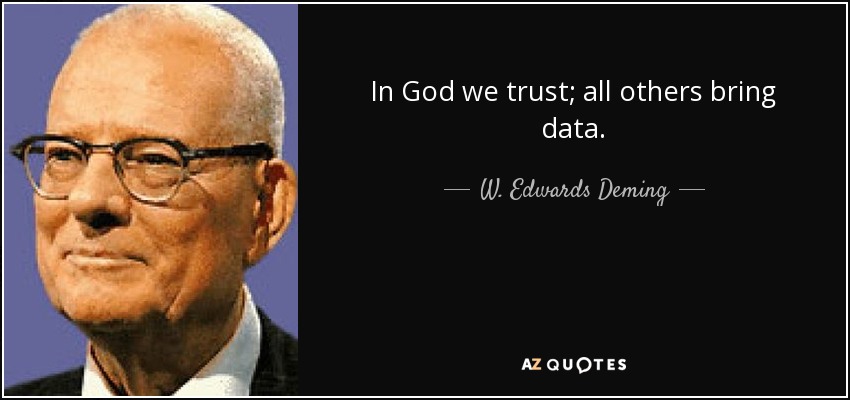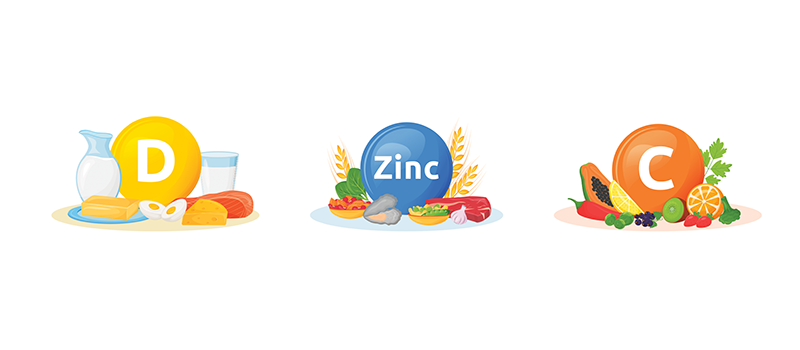 Our immune systems fail us without zinc in our bodies. Diana Kwon explains at Knowable magazine How zinc helps you fight off infections. Excerpts in italics with my bolds.
Our immune systems fail us without zinc in our bodies. Diana Kwon explains at Knowable magazine How zinc helps you fight off infections. Excerpts in italics with my bolds.
Our bodies require the vital mineral for the healthy functioning of the immune system
As researchers learn more about how our bodies use zinc, they’re finding that the element plays a surprisingly key role, particularly within the immune system. “We think zinc is a gatekeeper of immune function,” says Lothar Rink, an immunologist at RWTH Aachen University in Germany who recently coauthored an overview of zinc’s roles in the immune system in the 2021 Annual Review of Nutrition.
And, although scientists still struggle to find good ways to measure zinc levels in the body, it looks as though many people may indeed not have enough zinc in their diet for full immune function.
An essential element
Too little zinc is clearly bad news for your health. A severe shortage — often the result of a genetic defect or an extremely restricted diet — can cause myriad problems, such as stunted growth in infants and children, hair loss, roughened skin, delayed wound healing and weakened defenses against infections.
But the extent and consequences of more subtle zinc deficiencies have proven harder to pin down. That’s largely because it’s extremely difficult to measure zinc levels accurately in people. Zinc is often on the move both inside and outside our cells. During an infection, for example, blood levels drop as zinc is siphoned out of the bloodstream into cells that help launch an immune response. Zinc levels can also be perturbed by diet, certain drugs and hormones, and health status.
For these reasons, although it is possible to detect zinc levels in blood, these measurements are often imprecise. And unlike iron, which is easily assessed by measuring levels of iron-containing blood proteins like hemoglobin and ferritin, there is no biomarker that can be used as an indicator of zinc levels. “There’s still no 100 percent accurate way to measure zinc in a human being, especially if they have an illness of some kind,” says Daren Knoell, a zinc biologist at the University of Nebraska. Currently, the best way to determine a potential zinc deficit is to look at someone’s dietary intake, he adds.
Because of these limitations, most physicians diagnose zinc deficiency only if patients show symptoms of major deficiency such as rough skin or hair loss, Rink says. “But immune deficiency takes place much earlier, when you have a slight zinc deficiency.” Researchers have found that zinc-deficient individuals are more vulnerable to infection than those with adequate levels of the mineral. Studies have shown, for example, that in healthy elderly individuals, zinc supplements reduced the frequency of infections. (The possible use of zinc supplements to help ward off Covid-19 is an area of active investigation, although the National Institutes of Health states that there is currently not enough evidence to say if it will be beneficial.)
From the data available so far, it appears that zinc deficiency is relatively common. Based on assessments of diet and the prevalence of stunted growth, a common consequence of inadequate zinc consumption during development, some studies estimate that around 17 percent of the world’s population are at risk of zinc deficiency — and that in certain low- and middle-income regions, such as parts of South Asia, that proportion is as high as 30 percent.
Aging, genetics, pregnancy, illness and other factors all contribute to this shortfall, but diet is the main culprit, when individuals don’t eat enough zinc-rich foods such as seafood, red meat and nuts. Consuming too many phytates, substances found in whole-grain bread, cereals and other sources, can also be a problem. Phytates bind to zinc and prevent it from being absorbed into the body.
What does zinc do?
Studies show that zinc is important in almost all aspects of the immune system: It helps skin cells and cells lining our organs prevent pathogens from entering, and it keeps the thymus and bone marrow, which are responsible for generating immune cells, functioning normally. Zinc “crops up in all parts of the immune system,” says Sophie Hambleton, an immunologist at Newcastle University in the UK — and zinc-deficient people show a wide range of immune dysfunctions.
Most of the research to date has focused on the role of zinc in the innate immune system, the body’s frontline defense that launches fast, non-specific attacks against foreign invaders. Zinc appears to be involved in making physical barriers — such as the cells that line our organs — more resistant to invasion, as well as ensuring the proper functioning of macrophages, key white blood cells that gobble up pathogens and send out chemical signals to recruit other cellular soldiers.
To ensure that there’s enough zinc to carry out these many jobs, concentrations of the mineral within the body are tightly controlled. At the onset of an infection, for example, immune cells such as macrophages rapidly produce a zinc-transporting protein called ZIP8. This protein controls how much zinc enters these cells, which is important for maintaining the cells’ ability to mop up pathogens and regulating the production of important defense-related molecules, including chemical messengers called cytokines, Knoell and others have found.
How much zinc does a person need?
Given how important zinc is to a healthy immune system — and the difficulty of knowing whether a person might be deficient — Rink says zinc supplementation is probably a good idea, especially for people who are at higher risk of being deficient, such as vegetarians, vegans and the elderly. (Rink has consulted for or received research grants from three companies that sell zinc supplements).
Most nutritional supplements are safe and don’t cause any serious side effects at the recommended daily intake, 8 milligrams and 11 milligrams for women and men, respectively, but Rink warns that at very high concentrations zinc can have adverse effects. In 2009, the US Food and Drug Administration warned against the use of Zicam nasal spray and swabs, a common cold remedy containing zinc levels so high that it led to a loss of the sense of smell. Due to this and other potential harms, experts recommend that adults consume no more than 40 milligrams of zinc per day.
Many open questions remain. For one, the authors of that 2021 review note that there were limitations to the available trials, such as small sample sizes. In addition, the time frame for zinc’s benefits is unclear. Most of the trials looking at the benefits of zinc after infection reported that supplements work only within 24 hours of when symptoms begin — but the team found evidence that window might be longer, and that zinc might be beneficial even when consumed up to three days after the onset of symptoms. And we need better zinc supplements, Knoell says. Most now come in salt form, as zinc sulfate or chloride, but these are not readily taken up by the body, so better formulations would be beneficial, he adds.

W. Edwards Deming was a scientific pioneer and the most widely known proponent of statistical quality control.
Footnote:
For years I have taken Zinc + vitamin C lozenges at the first sign of sinus or throat infection. With the onset of covid19 alarms, I started taking 50 mg. Zinc tablets daily. My pharmacist advised me to use zinc gluconate or sulfate rather than chloride or citrate, for better absorption by my body.
See also: COVID-19 is a lack of nutrients, exploited by a virus



Old men, sickle cell sufferers, celiacs, and type 2 diabetics are also at risk for zinc deficiency.
If you supplement with zinc, you might suffer a copper deficiency, so be sure to eat foods with copper if you supplement with zinc.
“Zinc deficiencies are often prevalent in developing countries, but an Oregon State University (OSU) study showed that 12% of Americans might be at risk of having low zinc levels, while as many as 40% of the US’s elderly population could be at risk for zinc deficiencies.”
https://newprohormones.com/zinc-deficiency/
LikeLike
A n informative post. Thank you and a Happy New year to you and viewers.
LikeLike